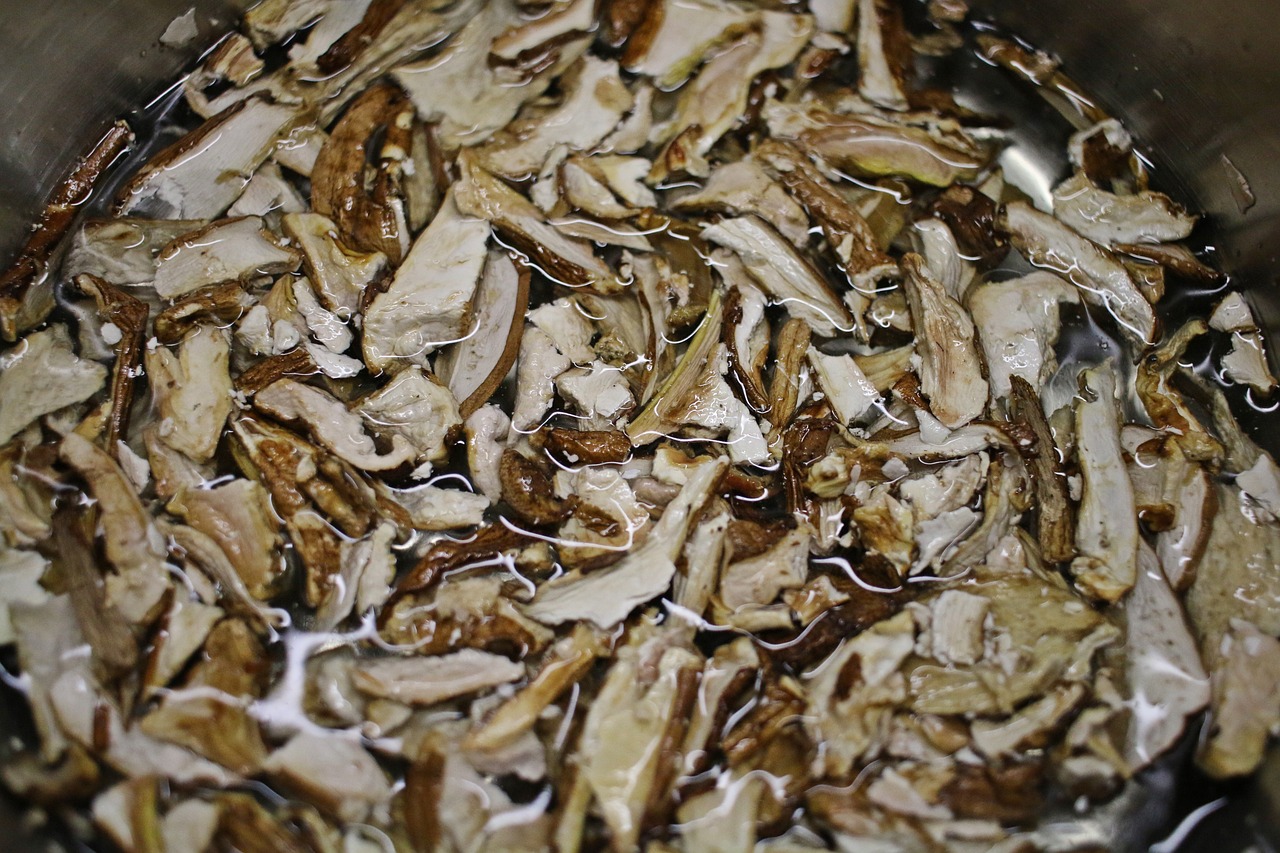Imagine never having to deal with the frustration of limescale buildup on your faucets and showerheads again. Envision your clothes coming out of the laundry feeling softer and your skin feeling smoother after a shower. With a water softener, all of this is possible. So why would you not want a water softener? In this article, we will explore the multitude of benefits that come with installing a water softener in your home, and debunk any misconceptions that may be holding you back from making this valuable addition to your life. Say goodbye to hard water woes and hello to a world of difference.
Maintenance and Cost
Expense of installation and equipment
When considering the installation of a water softener, it is important to take into account the upfront cost. Water softeners can vary in price depending on the brand, size, and features. Additionally, there may be additional expenses such as hiring a professional plumber for installation. It is essential to factor in these costs before making a decision.
Ongoing maintenance requirements
Apart from the initial cost, water softeners also require regular maintenance to keep them functioning efficiently. This may include tasks such as regularly adding salt or potassium chloride to the brine tank, cleaning or replacing filters, and checking for any leaks or malfunctions. It is essential to be prepared for these ongoing maintenance requirements before investing in a water softening system.
Replacement costs for filters and resin
Over time, the filters and resin in a water softener will need to be replaced. Filters capture sediment and impurities, preventing them from entering your water supply, while resin helps remove calcium and magnesium ions that cause hardness. Depending on the make and model of your water softener, these replacements can be an additional expense to consider. It is important to understand the lifespan and replacement costs of these components before purchasing a water softener.
Environmental Concerns
Salt-based water softeners and environmental impact
Salt-based water softeners are a popular choice for softening water, but they do come with potential environmental concerns. These systems use salt to regenerate the resin bed and remove hardness from the water. However, the excessive use of salt can lead to increased salinity in the water supply, posing a risk to plants, soil quality, and aquatic life. It is important to weigh the environmental impact of salt-based water softeners before opting for them.
Impact on aquatic ecosystems
The discharge of regeneration brine from salt-based water softeners can have a detrimental effect on aquatic ecosystems. When the brine enters streams or other bodies of water, it increases the salinity, which can harm fish and other aquatic organisms. This impact on the natural environment should be taken into consideration when choosing a water softening system.
Disposal of regeneration brine
The disposal of regeneration brine can also present a challenge. In some areas, regulations govern the disposal of this brine due to its high sodium and chloride content. Improper disposal can contaminate groundwater and harm the environment. It is crucial to understand and comply with local regulations regarding the disposal of regeneration brine before installing a water softener.
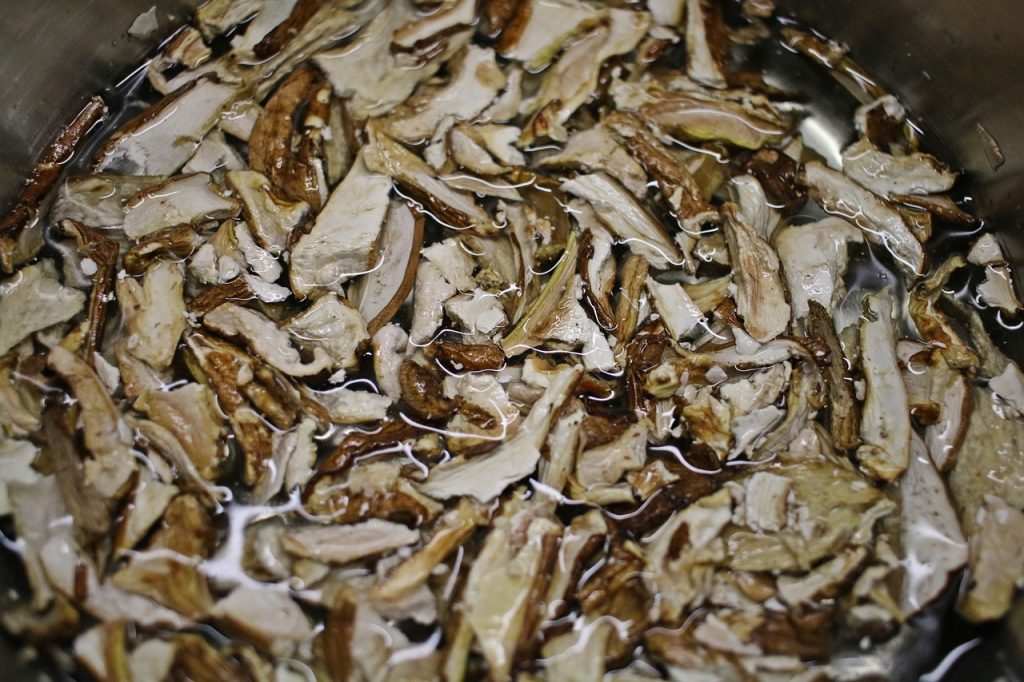
Effects on Drinking Water
Increased sodium levels in softened water
One of the main concerns associated with water softeners is the increased sodium levels in the softened water. During the ion exchange process, the calcium and magnesium ions that cause hardness are replaced with sodium ions. This can lead to a higher sodium content in the water, which may be a concern for individuals on sodium-restricted diets.
Potential health risks for individuals on sodium-restricted diets
For individuals with certain health conditions, such as high blood pressure or kidney problems, consuming water with elevated sodium levels may be problematic. It is important to consult with a healthcare professional to determine if the increased sodium levels in softened water pose any health risks in your specific situation.
Taste and odor changes in water
Softened water may have a different taste and odor compared to untreated water. Some individuals may find this change undesirable and prefer the natural taste of water. Additionally, the process of removing hardness can also remove minerals that contribute to the overall taste of water, leading to a potential loss of flavor. It is important to consider personal preferences in regards to taste and odor when deciding whether to install a water softener.
Health Considerations
Excessive calcium and magnesium removal
While the primary purpose of a water softener is to remove calcium and magnesium ions that cause hardness, it is important to note that these minerals are essential for the human body. They play a vital role in maintaining healthy teeth, bones, muscle function, and nerve function. Excessive removal of these minerals through water softening may result in a decreased intake of these important nutrients.
Lowered mineral content in water
In addition to calcium and magnesium, water also contains other essential minerals such as potassium and trace elements. These minerals contribute to overall health and well-being. By removing hardness, water softeners may also reduce the mineral content in the water, potentially affecting the nutritional value of your drinking water.
Potential negative effects on hair and skin
Water hardness can have a beneficial effect on hair and skin, as it helps retain moisture and may contribute to smoother hair and softer, more moisturized skin. Some individuals may find that their hair feels less manageable and their skin becomes drier after switching to softened water. It is important to consider the potential impact on hair and skin health when deciding on a water softening system.
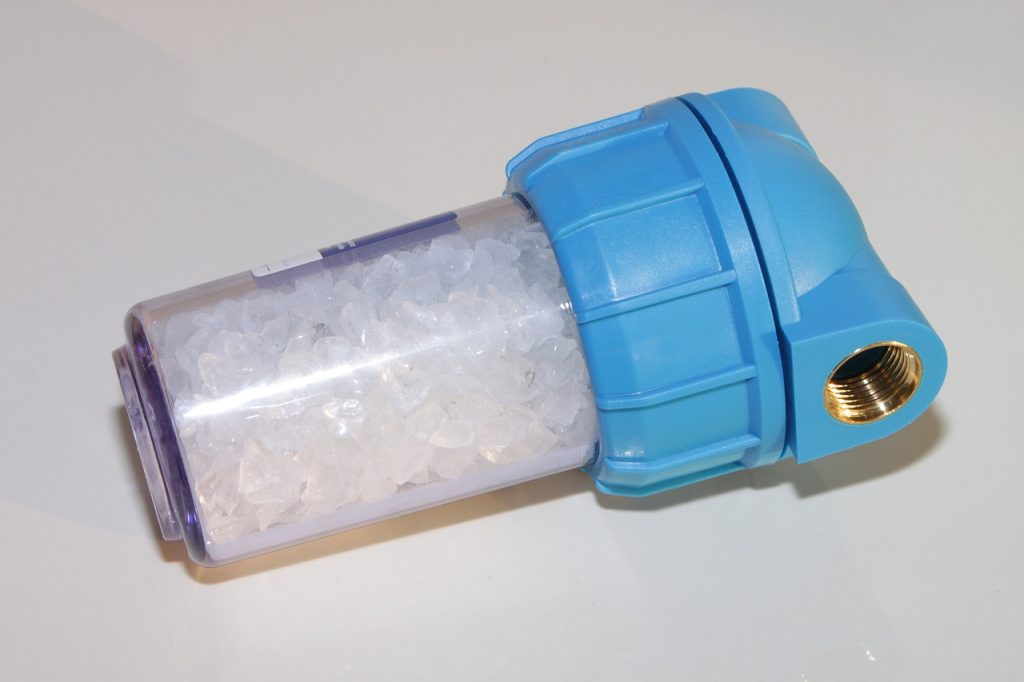
Potential Plumbing Issues
Corrosion of pipes
Water softeners can potentially increase the risk of pipe corrosion. The ion exchange process in water softeners can lead to higher levels of dissolved oxygen in the water, which can accelerate the corrosion of metal pipes. This can result in leaks, pipe damage, and costly repairs. It is important to assess the condition of your plumbing system and consult with a professional to determine if your pipes are compatible with a water softener.
Increased risk of leaks
As mentioned earlier, corrosion caused by water softeners can weaken pipes, leading to an increased risk of leaks. Leaks can cause water damage to your home and require expensive repairs. It is crucial to consider the potential impact on your plumbing system and evaluate the condition of your pipes before installing a water softener.
Reduced lifespan of appliances
Water hardness can have a detrimental effect on appliances such as dishwashers, washing machines, and water heaters. The minerals in hard water can lead to scale buildup, reducing the efficiency and lifespan of these appliances. While water softeners can prevent scale buildup, it is essential to consider the potential consequences of hard water on your appliances and weigh the pros and cons before installing a water softener.
Incompatibility with Certain Appliances
Adverse effects on water heaters
Water heaters are particularly susceptible to the negative effects of hard water. The minerals in hard water can accumulate on the heating elements and inside the tank, reducing the efficiency and lifespan of the water heater. While water softeners can help mitigate these issues, there may be compatibility issues with certain types of water heaters. It is important to check the manufacturer’s recommendations and consult with a professional before installing a water softener.
Potential damage to washing machines
Similar to water heaters, washing machines can also suffer from the effects of hard water. The minerals in hard water can cause scale buildup in the plumbing and internal components of the washing machine, leading to decreased performance and potentially costly repairs. It is crucial to consider the compatibility of your washing machine with a water softener and consult with a professional if necessary.
Interference with soap and detergent performance
Hard water can interfere with the effectiveness of soap and detergents, leading to a decrease in cleaning power. The minerals in hard water can react with soap, forming a sticky residue that can lead to soap scum and reduced lathering. Water softeners can help alleviate these issues, but it is important to ensure that the use of softened water is compatible with the cleaning products you typically use.
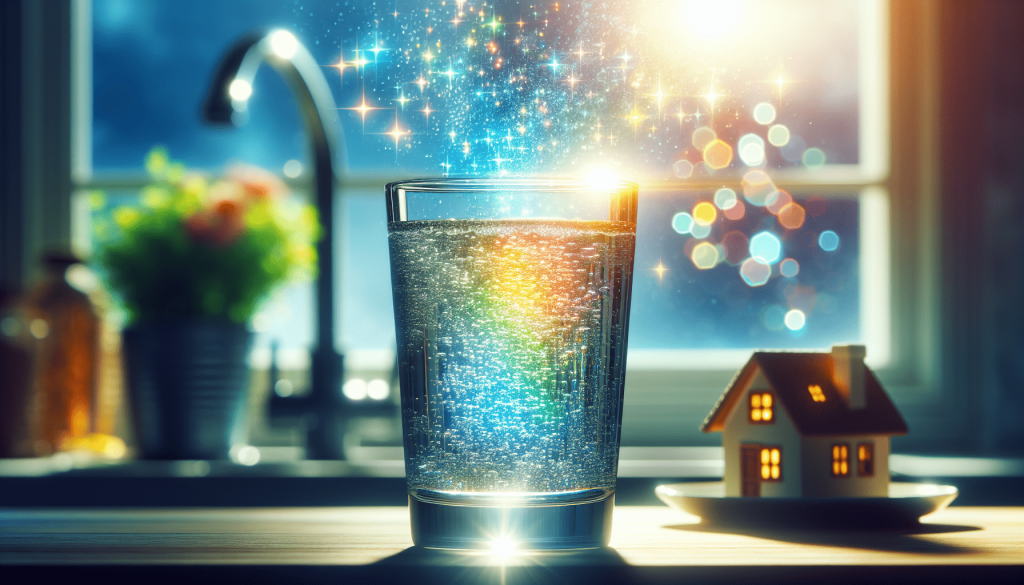
Limited Benefits in Certain Areas
Prevalence of naturally soft water
In some areas, the natural water supply may already be relatively soft, meaning it contains low levels of calcium and magnesium ions. In such cases, the installation of a water softener may not provide significant benefits in terms of reducing the hardness of the water. It is important to assess the natural water characteristics in your area before investing in a water softening system.
Minimal or no scale buildup
Scale buildup occurs when calcium and magnesium ions in hard water precipitate and form deposits on surfaces such as faucets, showerheads, and plumbing fixtures. If your water supply does not have a significant issue with scale buildup, the need for a water softening system may be minimal. It is crucial to evaluate the scale buildup in your home and assess the potential benefits of a water softener before making a decision.
Lowered need for water softening systems
In some cases, alternative water treatment methods may be more appropriate than a water softener. For example, if the primary concern is removing specific contaminants such as chlorine or bacteria, a filtration system may be a better choice. It is important to evaluate the specific water quality issues in your area and consider alternative treatment methods that may better address your needs.
System Size and Installation Limitations
Availability of space for installation
Water softeners come in a range of sizes and configurations, and it is crucial to ensure that you have adequate space for installation. Depending on the model, water softeners can be relatively large and require space for the brine tank, resin tank, and control valve. It is important to assess the available space in your home before purchasing a water softener to avoid any installation issues.
Restrictions in apartments or rented properties
If you live in an apartment or a rented property, there may be restrictions on installing a water softener. It is essential to consult with your landlord or property management to understand the regulations and permissions related to water softener installation. In some cases, portable or countertop water softening options may be more suitable for temporary living arrangements.
Complex installation requirements
The installation of a water softener can be complex, especially if you have limited plumbing knowledge. Proper installation is crucial for the efficient operation of the system. Depending on the specific requirements of your home and plumbing system, professional assistance may be necessary. It is important to consider the complexity of installation and seek professional help if needed.
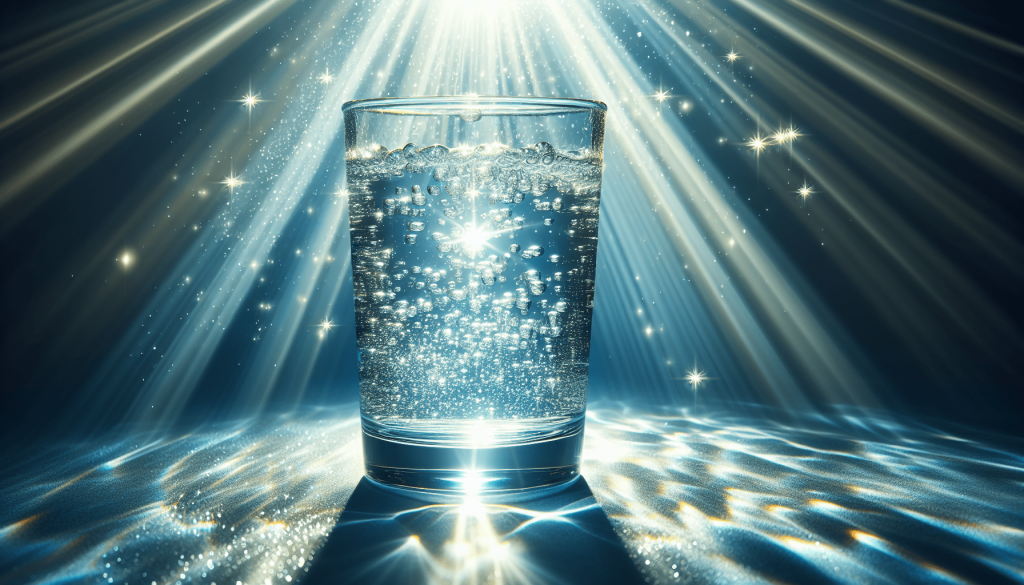
Concerns about Water Taste and Quality
Perception of slick or slimy water
Some individuals may perceive softened water as having a slick or slimy texture. While this is subjective and not a concern for everyone, it can be a deciding factor for those who prefer the natural feel of unsoftened water. It is important to consider personal preferences and conduct a taste test before investing in a water softener.
Preference for natural water characteristics
For some people, the natural characteristics of water, including its taste, smell, and texture, are preferred over softened water. Every individual has their own unique preference when it comes to water. If you have a strong preference for the natural qualities of water, a water softener may not be the right choice for you.
Resistance to change
Change can be difficult for some individuals, especially when it comes to something as fundamental as the water they consume. Some people may be resistant to the idea of switching to softened water due to concerns about taste, texture, or potential health effects. It is important to consider personal preferences and comfort when making a decision about water softening.
Alternative Water Treatment Methods
Exploring non-softening water treatment options
Water softening is just one of many water treatment methods available. Depending on the specific needs and concerns regarding your water supply, alternative options may be worth exploring. For example, if the primary issue is the presence of specific contaminants, such as bacteria or heavy metals, other treatment methods, such as ultraviolet disinfection or reverse osmosis, may be more suitable.
Benefits of filtration systems
Filtration systems are an alternative to water softeners that can address certain water quality issues. These systems use physical or chemical processes to remove impurities, sediment, or contaminants from the water. Depending on the specific filtration media used, these systems can improve taste, odor, and overall water quality.
Consideration of specific water quality issues
When exploring alternative water treatment methods, it is important to consider the specific water quality issues in your area. This may involve conducting water quality tests or consulting with professionals who specialize in water treatment. By understanding the specific concerns regarding your water supply, you can make an informed decision about the most suitable treatment method.
In conclusion, while water softeners offer benefits in terms of reducing water hardness and alleviating scale buildup, there are several factors to consider before installing one. The upfront and ongoing maintenance costs, potential environmental impacts, effects on drinking water and health, plumbing issues, incompatibility with certain appliances, limited benefits in certain areas, system size and installation limitations, concerns about water taste and quality, and alternative treatment methods are all important aspects to weigh before making a decision. By thoroughly evaluating these factors and considering personal preferences and circumstances, you can determine whether a water softener is the right choice for your home.


